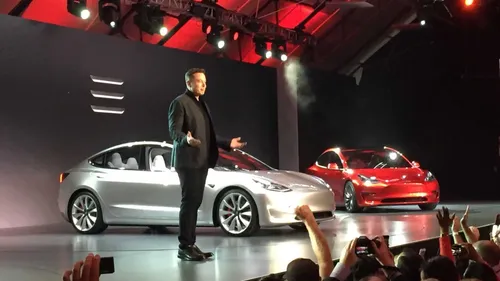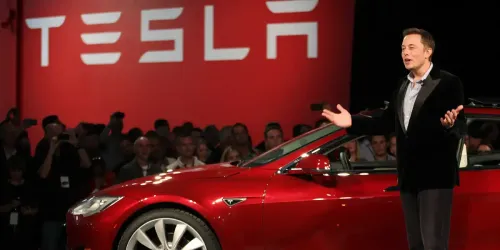
According to Reuters, the conflict between Tesla and Swedish unions has intensified. A key parts supplier has joined the negotiation action. The unions are requiring Tesla to sign a collective bargaining agreement for its Swedish workers. This conflict has led to a supply blockage of specialized parts in Sweden. The dispute revolves around the demand for a collective bargaining agreement for Tesla's Swedish workers, which the company has refused to sign. This has led to a series of actions by various unions and workers, impacting the supply chain and operations of Tesla in Sweden and potentially beyond.

Background
The conflict began when the Swedish union, IF Metall, representing 130 mechanics, demanded a collective bargaining agreement, which Tesla rejected. This refusal triggered a strike by the mechanics. It has since escalated into a broader conflict involving other unions and workers in solidarity with IF Metall.
IF Metall, Sweden's largest manufacturing union, said that about 50 workers at Hydro Extrusions, a subsidiary of Norwegian aluminium and energy company Hydro, who produce Tesla-specific parts, will stay at home or take on other tasks starting from Friday until further notice.
"They supply parts to Tesla's factory in Berlin and if it disrupts them, we want to force them to come to the negotiating table," said Veli-Pekka Saikkala, negotiating secretary at IF Metall.
IF Metall is fighting Tesla to reach a collective bargaining agreement for its 130 maintenance workers in Sweden. On October 27, Metall launched a maintenance worker strike and refused to provide service to Tesla cars. Since then, maintenance workers have been joined by other union members such as postal workers, longshoremen, janitors and others who refuse to use Tesla or its products.
Impact on Supply Chain
The conflict has led to disruptions in the supply of specialized components to Tesla's factory in Berlin. As a supplier of critical components, Hydro Extrusions joined in a sympathy action. This caused around 50 workers to either stay at home or be given other tasks until further notice. Also, other unions, such as postal workers, dockworkers, cleaners, and car painters, have refused to work with Tesla products.

The conflict in Sweden has the potential to have global implications, with ripple effects for labour movements and auto workers across Europe and the US. The powerful German union, IG Metall has expressed readiness to launch collective bargaining negotiations if the workers demand it. This shows the possibility of the conflict spreading to Germany, where Tesla has a significantly larger workforce.
Tesla's Response
Tesla has a policy of not signing collective bargaining agreements and claims that its employees have as good or better terms than what the Swedish union is demanding. The company has not responded to requests for comment, and the conflict continues to escalate.
Conclusion
The conflict between Tesla and Swedish unions has escalated into a significant labour market conflict, impacting the supply chain and operations of the electric car maker in Sweden. The refusal of Tesla to sign a collective bargaining agreement has led to widespread solidarity actions by various unions and workers, with the potential for global implications in the labour movement and auto industry. The situation remains unresolved, and the parties involved continue to be at odds.
Popular News
Latest News
Loading






